Shifting the Soundscape: Highlights from the 2025 ABLE Assembly on Arts and Accessibility


The 2025 ABLE Assembly: Arts Better the Lives of Everyone conference, hosted by the Berklee Institute for Accessible Arts Education, delivered a powerful and inspiring program that continues to shape the future of inclusive music education and accessible performance. With more than 50 sessions, this year’s conference offered a deep and wide-ranging look at how educators, performers, technologists, and community leaders are building more equitable and expressive musical spaces for people of all abilities.
From the lens of the MIDI Association’s Music Accessibility Standard Special Interest Group (SIG), the ABLE Assembly was a vivid reminder of why our work matters.
The sessions showcased not only the importance of accessible music tools and adaptive instruments, but also the deeper systemic changes needed in education, technology, and cultural institutions to truly open the door to everyone.
John Kelly and the British Invasion
After our Friday afternoon visit to Masary Studios, we headed over to Berklee for the opening event. Our friends from Drake Music and Sound Without Sight were there as part of the “British Invasion” at the Able Assembly. A tremendous amount of positive work on music accessibility is being done in the UK.
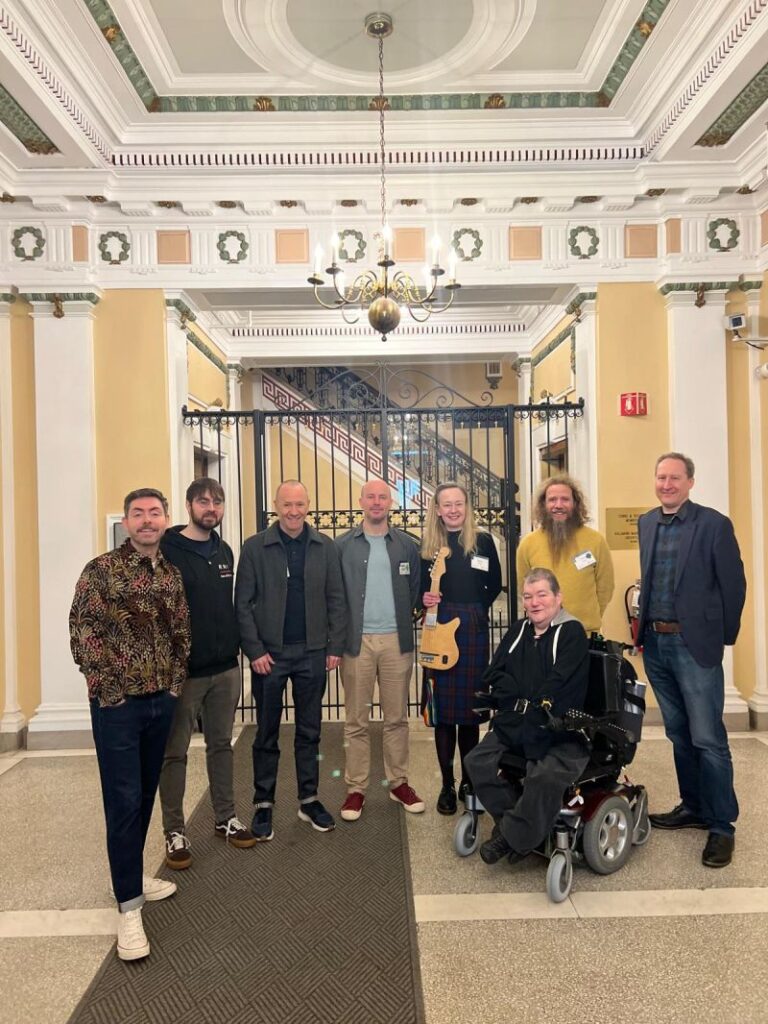
John Shortell (UK Music), Jay Pocknell (Sound Without Sight), Adrian Bossey (Falmouth University) , Sir Andrew Lansley (Glastonbury and Cheltenham Festivals) , Sally Currie (Drake Music) , Tim Yates (Drake Music), John Kelly (seated (Drake Music)), Tom Kiehl (UK Music)
Redefining Value Through Art
The keynote sessions set the tone, challenging attendees to embrace difference and reimagine success. In “The Value of a Wrong Note”, Dr. Christopher Hanson encouraged us to embrace dissonance as a source of innovation and beauty.
Presented by: Christopher Hanson
Often, in our professional experiences as artists, educators, and advocates, we are encouraged or even required to view our experiences and the experiences of others as binary.
Subsequently, our experiences are then valued by their conformity to the “right” side of binary systems of assessment. I am forced to wonder, when confronted with such realities, what happens to the “other?” What happens to the individuals who do not fit this model, whose value lies beyond binary conceptions of good and bad?
I believe the arts provide a unique opportunity to answer such questions. At a time when silence seems to be preferred over “playing the wrong note,” I would like to encourage dissonance.
I want to explore what happens when we shift perspectives of and through the arts, to not only embrace a diversity of sounds in the world, but to amplify them to reveal a more cacophonous beauty and complexity that are often discouraged and ignored?
What happens when everyone is heard?
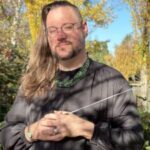
Dr. Christopher T. F. Hanson
Conductor, violinist, composer, pedagogue, philosopher, and musicologist; HansonTony Memmel’s “Determination and Duct Tape” shared his journey of overcoming physical limitations through creative adaptation.
Born with one hand, Tony Memmel taught himself to play the guitar professionally by building a homemade adaptive cast out of Gorilla Tape. He’s toured 47 states and 25 countries, sharing his music and message.
In his talk, he’ll explore how embracing perceived limitations and obstacles can lead to unique opportunities in your life.
Through story and song, Tony will encourage you to remember this… that one idea that you have that is as seemingly simple and small as learning a few songs on a guitar can shape your future and the lives of all you encounter.
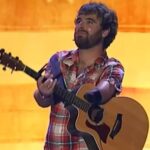
Tony Memmel
Singer-songwriter, speaker, and teacher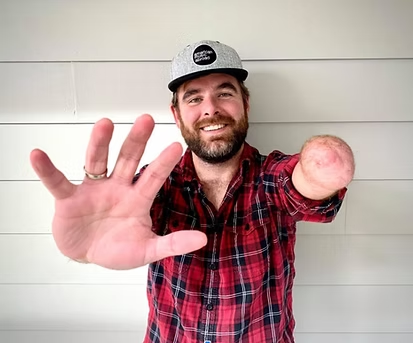
John Elder Robison’s heartfelt keynote offered a neurodivergent lens on creativity, showing how lived experience shapes artistry in powerful ways.
In an affecting, unforgettable talk, John Elder Robison details how he overcame enormous odds to lead a remarkable life: from an anti-social child to a successful father now running a multimillion-dollar car specialty shop and his own photography business.
Though his life is unique—he’s designed guitars for KISS and toys for Milton Bradley—it’s equally rich with clues to both spotting autism in children and harnessing the best from those already diagnosed. (Some autistic kids excel at math, in engineering, and with technology.)
Robison has been applauded by thousands—the general public, teachers, mental health workers—for his storytelling skill, his on-stage compassion, and his insistence that anyone can lead a successful life according to gifts, not limitations.
Neurodiversity is not a disease that needs curing; it’s a way of experiencing life that requires only understanding and encouragement from others. Robison reminds us that people “on the spectrum” can develop throughout their lives, and that it’s never too late to hope for or expect change.
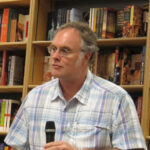
John Elder Robison
Author, Engineer, EntrepreneurMaybe we should introduce the current United States Secretary of Health and Human Services to someone with autism who not only held a job, but started several companies and employed many people in his career.
Adaptive Tools and Accessible Design
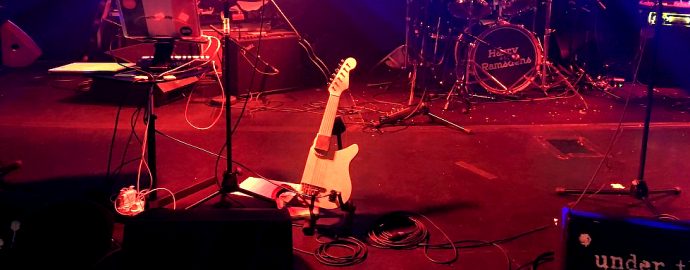
“We co-designed the Kellycaster so I could express myself as a guitarist again.” — John Kelly, Drake Music
One of the most exciting developments for the Music Accessibility SIG was the focus on adaptive instruments and co-design.
In sessions led by Tim Yates, John Kelly, Adrian Anantawan, and Gaelynn Lea, presenters explored how inclusive technologies—from haptic vests and tactile sound systems to the Accessible Musical Instrument Collection (AMIC)—are transforming what’s possible for performers with disabilities.
The Kellycaster, an accessible electric guitar, exemplifies the kind of user-centered innovation that the MIDI Association supports through initiatives like The Music Accessibility Standard Special Interest Group.
The rise of open-source sharing and transatlantic design collaborations reflects the MIDI Association’s core mission: building standards that empower musicians globally.
Universal Design and Inclusion in the Classroom
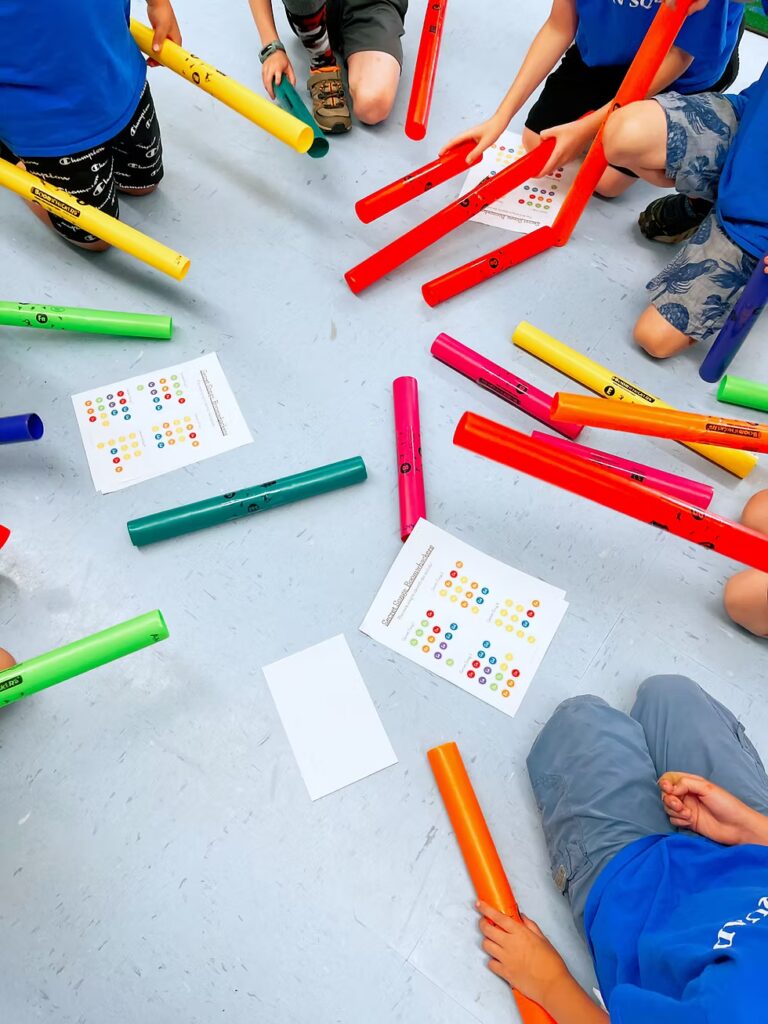
“Boomwhackers make ensemble music accessible to everyone—no prior training needed.” — Mark Buchmann
Sessions like “Bridging Abilities with a Boomwhacker Ensemble”, “Inclusive Piano Lab”, and “Chorus is for Everyone” offered hands-on strategies to adapt instruments, integrate AAC devices, and make general music classes more inclusive. Presenters emphasized designing for diversity, not retrofitting for disability.
These approaches align with the principles of Universal Design for Learning (UDL), increasingly central to the MIDI Association’s accessibility initiatives.
Music, Mental Health, and Identity
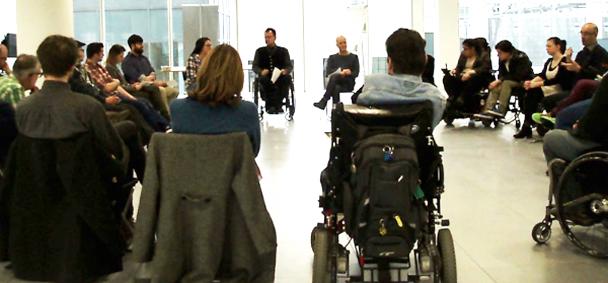
“We need to make space for musicality—not just technical ability—in our classrooms.” — Dr. Alexandria Carrico
The ABLE Assembly powerfully demonstrated how music intersects with identity and emotional well-being. From SEL-focused presentations to dynamic disability education, these sessions explored how inclusive music practices can also support mental health and social connection.
Projects like “Finding the Other Side of Silence”—an opera featuring AAC users—and “Hip Hop and Neurodivergence” brought lived experience to center stage. These sessions show how technology, identity, and creativity can converge to empower new voices in music.
Looking Forward
As the Music Accessibility Standard SIG continues developing open standards and tools to enhance access—such as tactile feedback systems, accessible notation, and device interoperability—events like the ABLE Assembly help guide our work.
This conference wasn’t just about ideas; it was about action, community, and innovation.
We invite you to learn more about our ongoing work and join us in building a world where music is truly for everyone.
You can indicate your interest by filling out this web form.